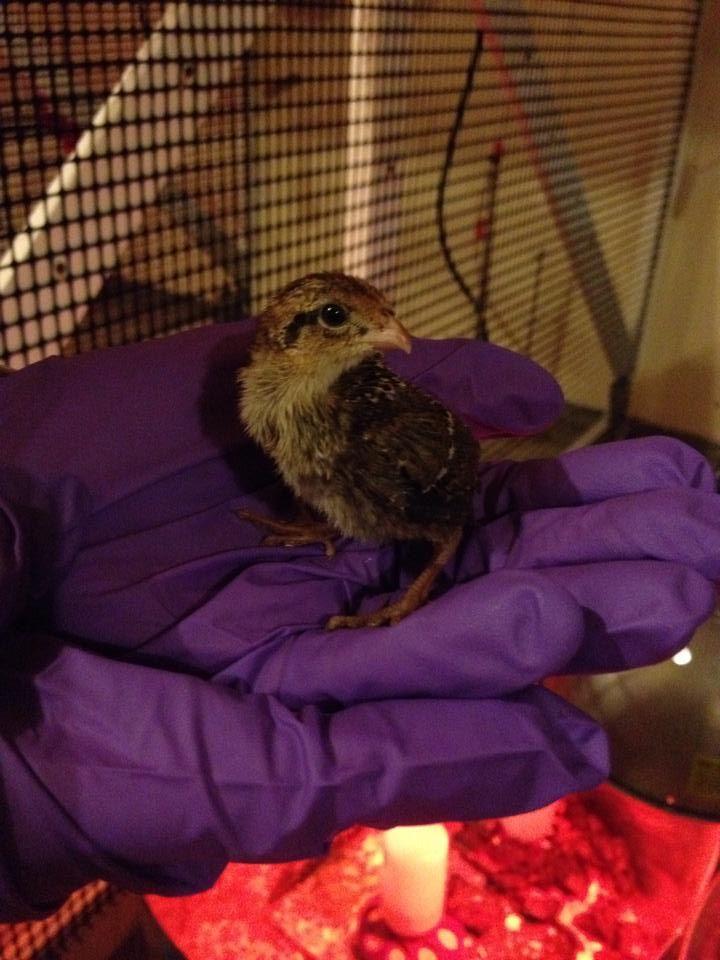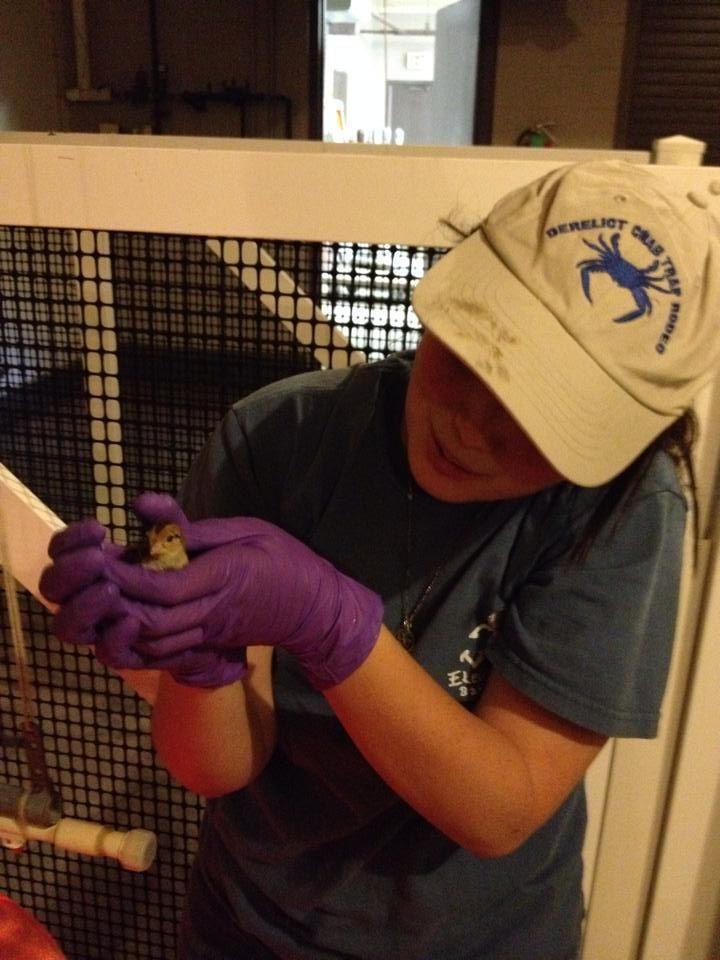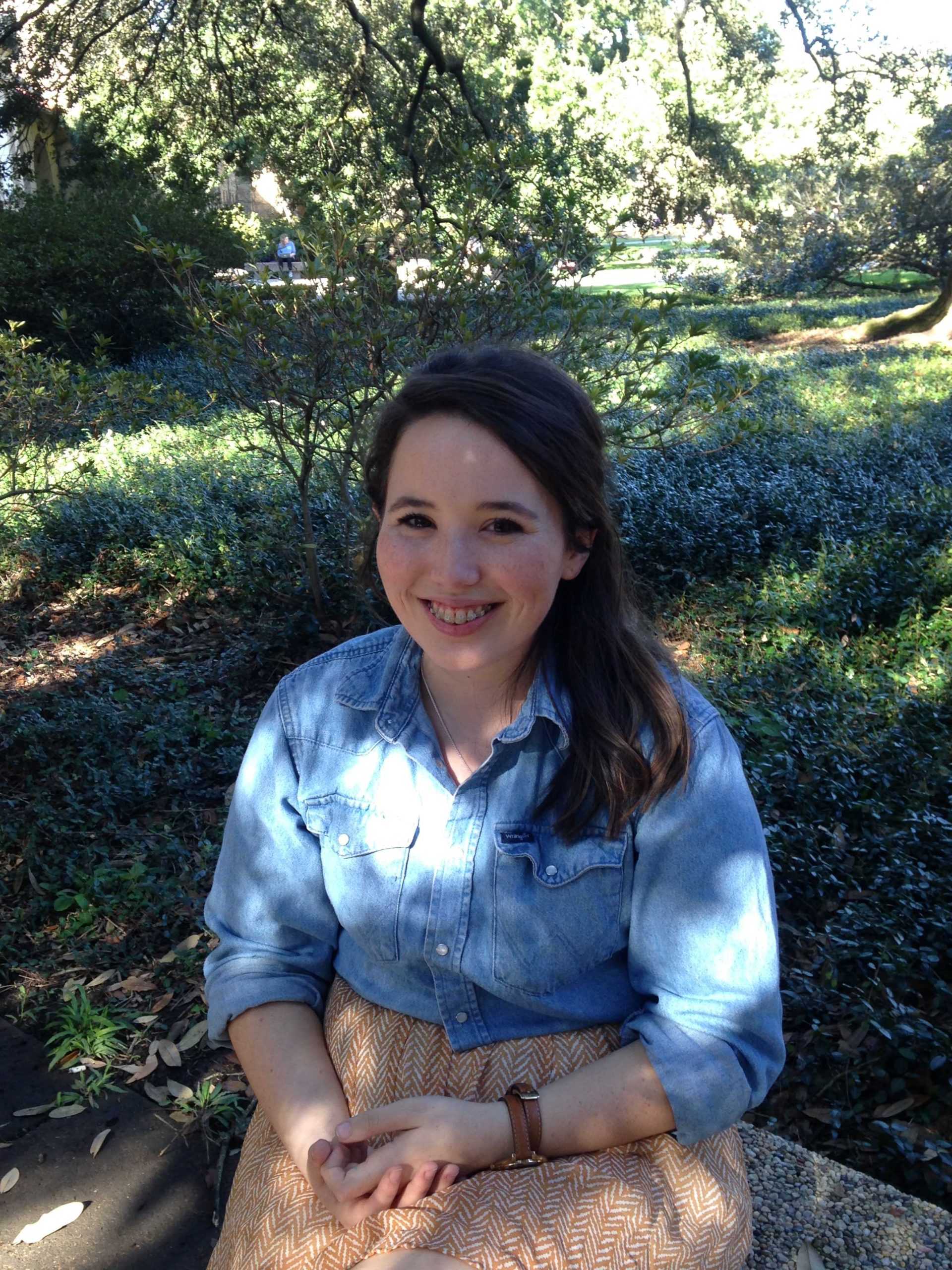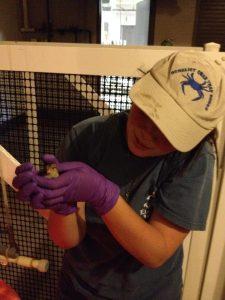Ariel Bergeron understands chicks.
The poultry science senior has raised approximately 2,700 bobwhite quail over three years of undergraduate research.
Existing research on the quail industry is over 40 years old, Bergeron said. Data is no longer viable after five years, and her study is shedding light on quail nutrition, a topic important to the growing quail industry in the United States.
Theresia Lavergne, professor and poultry extension
specialist, has mentored Bergeron throughout her college career. The two met at Bergeron’s high school 4-H competitions and Lavergne encouraged Bergeron to pursue poultry science at the University.
Bergeron’s research has the quality of graduate level work despite her undergraduate status, Lavergne said.
“Her research is unique,” Lavergne said. “There’s very limited nutrition-related research on bobwhite quail throughout the country and the world. Genetics change over time and nutrient requirements can change.”
The quail industry brings in $5 billion to the U.S. economy and the industry is growing in Louisiana as quail become more popular on hunt and release preserves, Bergeron said. When developing the research topic, Bergeron and Lavergne noticed quail are not as prevalent in their natural habitat and the need to raise quail
commercially is growing.
“If you’re going to have to start raising them in commercial settings they’re going to have to have a specific nutrient requirement,” Bergeron said.
Bergeron’s research trials sought to determine proper care procedures and lysine
requirements for quail zero to 28 days old. Lysine is an essential amino acid that helps poultry break down food and develop protein. When lysine levels are deficient quail will not yield as much meat for sale, Bergeron said.
She tested the lysine requirements by varying lysine levels in the quail’s corn and soy bean based diet. She then weighed the quail every seven days in small groups to determine if proper weight gain was occurring.
At birth, bobwhite quail weigh an average of six grams. By the end of the 28 day trial, most quail weighed an average of 30 grams, Bergeron said.
She developed her own method for raising quail over the nine research trials, and he constructed stainless steel brooder rings fitted with wooden planks to keep the birds secure. She also used red lights to ensure the temperature in the brooder rings remained between the 95 to 100 degrees the quail require in early life.
Though the study did not determine the efficient lysine level requirements, Bergeron said the results reflect progress in the study of quail.
“We found the deficient ratio, which is a step in the right direction,” Bergeron said.
She said she would like to see the research picked up by other programs and built upon.
Despite not reaching the desired conclusion, Bergeron said the experience built her character as a person and researcher.
“I’ve grown to love research because I learned that it’s not all success,” Bergeron said. “You do have trials and tribulations that you have to work through in order to have success in the end.”
Bergeron has grown into a capable researcher with an appreciation for knowledge, Lavergne said.
“Everything she does she does to the best of her ability,” Lavergne said. “She stands out as one of our star undergraduate students.”
Bergeron was recently named a 2016 LSU Discover Scholar and has been awarded two Student Research Certificates of Excellence by the Poultry Science Association for her research. The Certificate of Excellence is the highest honor awarded to undergraduate and graduate students in the field of poultry science.
Senior researches quail nutrition
January 26, 2016
Poultry science senior Ariel Bergeron has raised approximately 2,700 bobwhite quail during her undergraduate career as part of a research project on quail nutrition.
More to Discover














